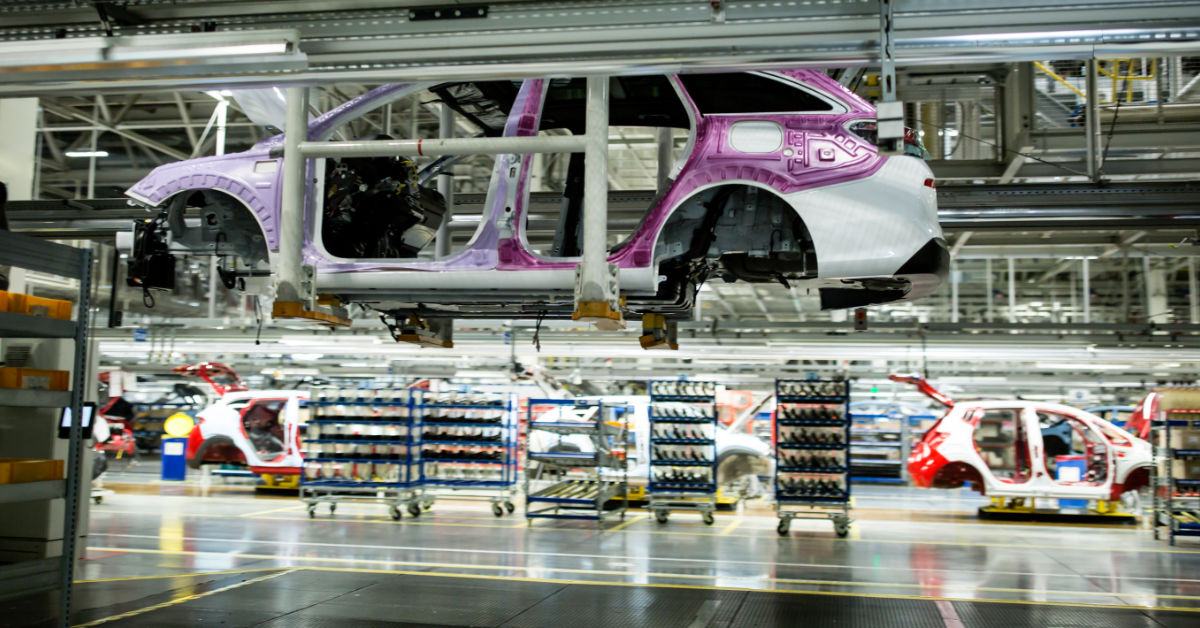Since 2019, the automotive industry has shown little progress on sustainability and is falling short of Paris Agreement targets, according to the latest report from the Capgemini Research Institute, who surveyed over one thousand senior executives from large organizations, comprised of automotive OEMs, automotive suppliers, and pure-play EV manufacturers, across 9 countries, in July-August 2022.
Implementation levels for top sustainability initiatives have improved only marginally, or even reduced in some areas, since 2019, according to the latest report from the Capgemini Research Institute, ‘Sustainability in Automotive: From Ambition to Action’.
Recent challenges, such as ongoing chip shortages, and supply chain issues hav forced automotive organizations to re-focus their priorities.
According to the report, directives such as The European Green Deal and The Paris Agreement are pushing the automotive industry to pursue more sustainable solutions to meet carbon-neutral targets. A large majority (70%) of the automotive industry is focused on overall emissions reduction across the value chain, including scope 1, 2 and 3 emissions, from sourcing to end-of-life processes. Two-thirds (64%) of automotive organizations expect to achieve a reduction in carbon emissions by 2040, and 57% are going beyond ESG compliance to make sustainability a key business driver. However, since 2018, the automotive industry has reduced overall Greenhouse Gas (GHG) emissions by only 5%, with a further 19% reduction expected to be realized by 2030. At current rates, automotive organizations are not in line to meet the overall goal of net zero emissions by 2050 under the Paris Agreement.
The report finds that only a small group of organizations (less than 10%) are showing the way towards a sustainable automotive industry. Those report that they expect reducing their Greenhouse Gas (GHG) emissions by 35% by 2030 (compared to an average projected reduction of 19% across the automotive industry). At the same time, their operational efficiency is expected to improve by 22% through 2026 (compared to 16% for the rest of the organizations in the same period) as a direct result of their sustainability initiatives that enhance transparency across the value chain. They also enjoy a stronger employer ‘brand’ boost to their attractiveness to talent owing to their recent sustainability initiatives (18% versus 10% for the rest).
Deployment of initiatives has little improved
Automotive organizations are focusing on emission reduction and prioritizing initiatives over which they have direct control and influence – such as manufacturing and decarbonizing vehicle fleets. The report finds that the deployment of sustainable supply chain initiatives has risen to 57% in 2022 from 42% in 2019, and responsible sourcing of metals has risen to 44% from 33% in the same period.
However, the report shows a drop in the implementation of circular economy initiatives. While 73% of organizations agree that contribution to a circular economy is a necessity to achieve their long term financial and competitive goals, only 53% have a circular economy strategy in place and less than half (45%) currently adhere to circularity principles throughout their value chain.
Transition to E-Vehicles is only one part of the solution
A demand for GHG emission reductions has further pushed automotive organizations to focus their efforts on Electric Vehicles (EVs). To drive this impact over the lifetime of an EV, it is essential that original equipment manufacturers (OEMs) ensure circularity of production and consider the end-of-life process for EV batteries across the value chain.
Fewer than half (41%) of executives surveyed note that their organization has a dedicated sustainability initiative for battery end-of-life; this drops to 28% for second life batteries.
Despite increasing sales of EVs, customers are reluctant to switch to electric due to range anxiety and costs for charging, find the ease of availability for internal combustion engine (ICE) vehicle spare parts and servicing options more attractive. Rising costs across the energy grid as well as complicated charging methods are halting progress and adoption.
Lack of key performance indicators causing implementation to stagnate
The report finds that poor integration of key sustainability performance indicators into day-to-day activities and performance management are causing implementation to stagnate: 73% of executives agree that the adoption of sustainability practices in their day-to-day activities and processes has increased only marginally or remained the same in the last 2-3 years. Only 10% of organizations have aligned performance objectives with key sustainability goals for non-managerial employees. Difficulty in collecting, managing, and analysing sustainability data is also one of the top challenges: only 12% of executives currently state that their organization has full-scale deployment of a platform for measuring, monitoring, and reporting on sustainability initiatives.
The report finds that, however, accountability across an organization is imperative for defining goals and sharing progress on sustainability initiatives. As stakeholders put a microscope on ESG compliance, data from the entire supply chain needs to be quantified to show transparency and to provide a baseline for defining business key performance indicators.
Embedding sustainability in the business model
As regulations become stricter and expectations from consumers and society increase, automotive organizations must be realistic with the current and projected levels of investment. The automotive industry is poised to enter a crucial decade as it pivots its product portfolio from ICE vehicles to EVs. While leading organizations have positioned themselves well for this change, a more holistic approach is needed to encompass new processes, people, and the planet.
Source: InMotion by PubliTec


